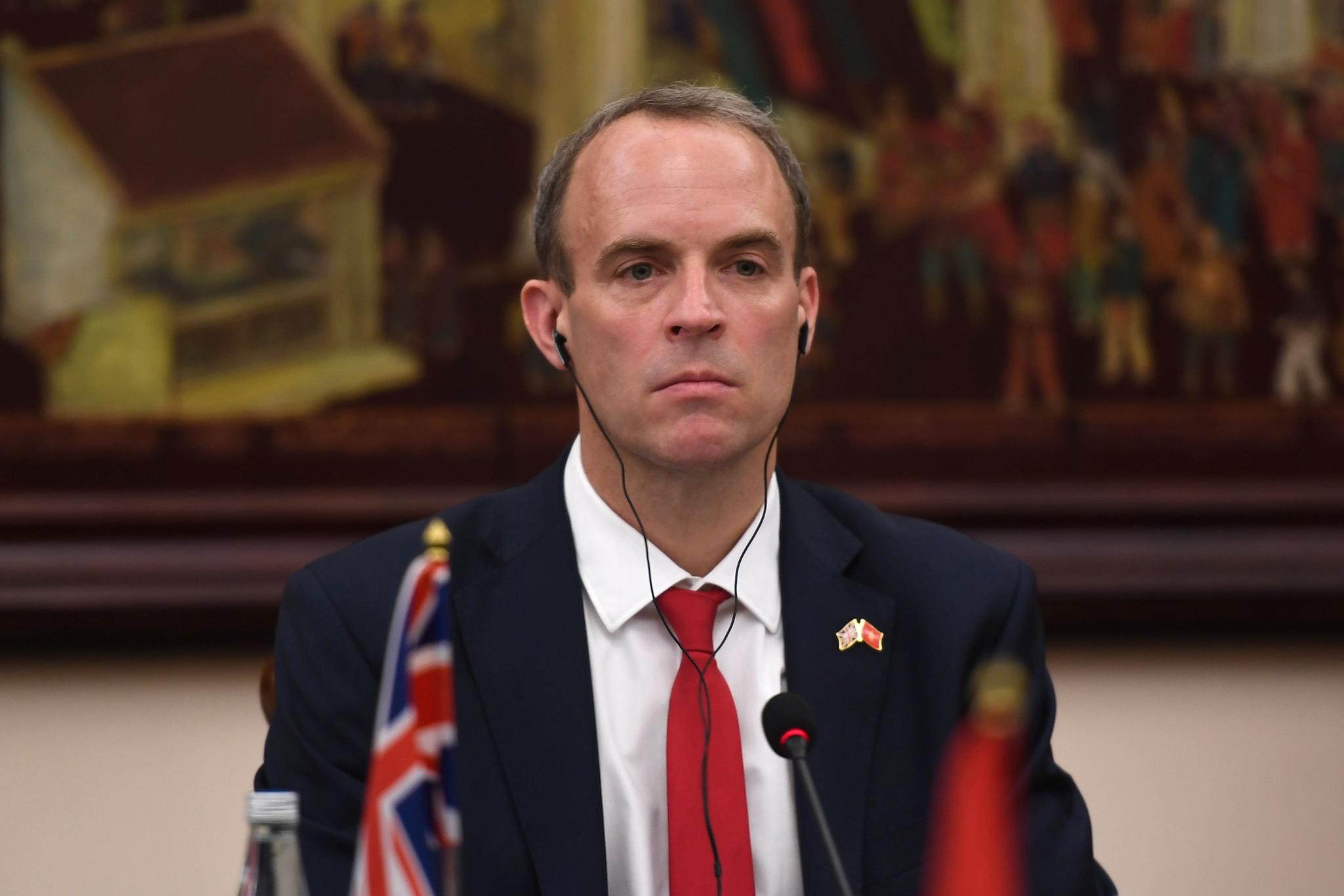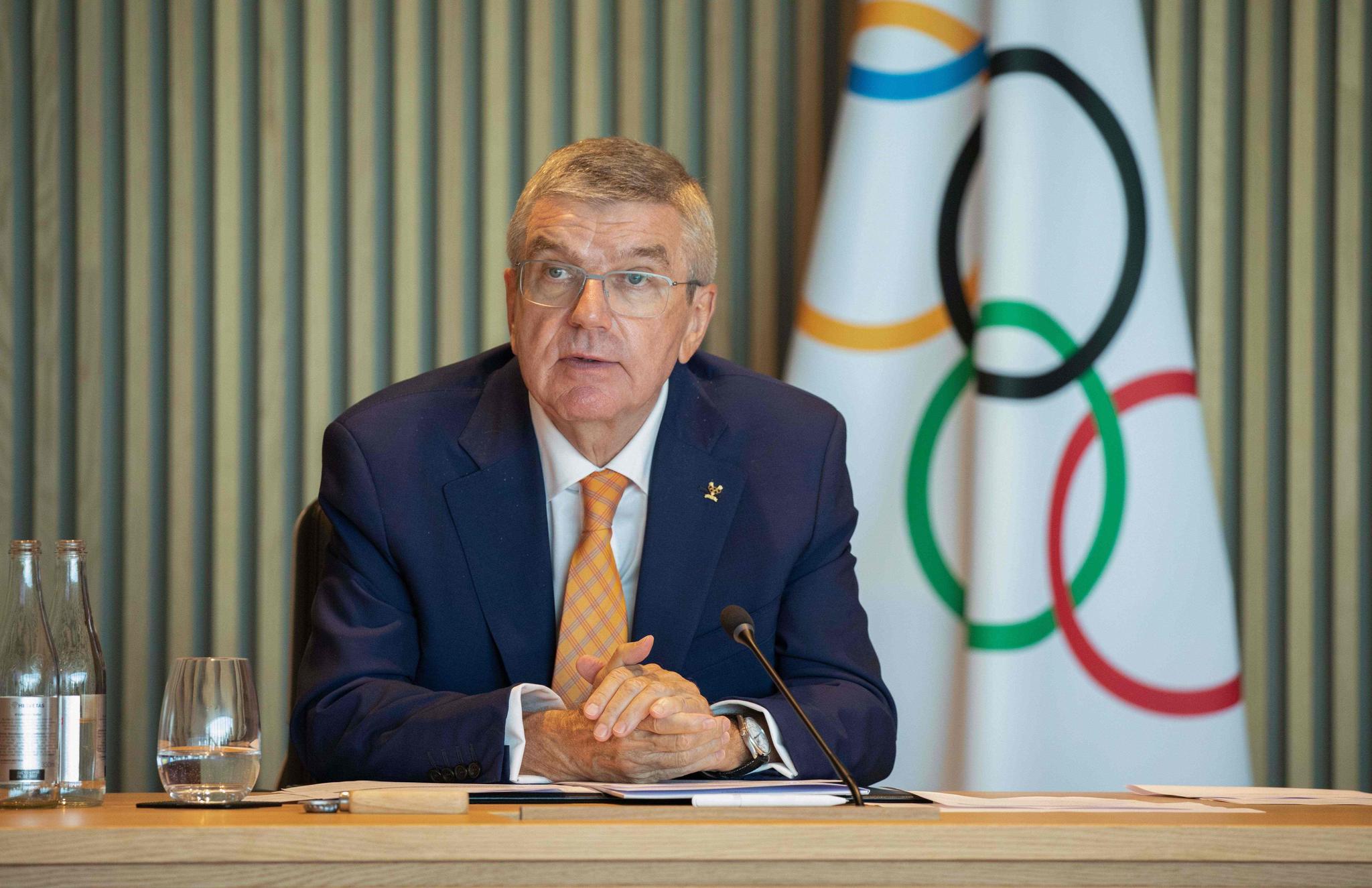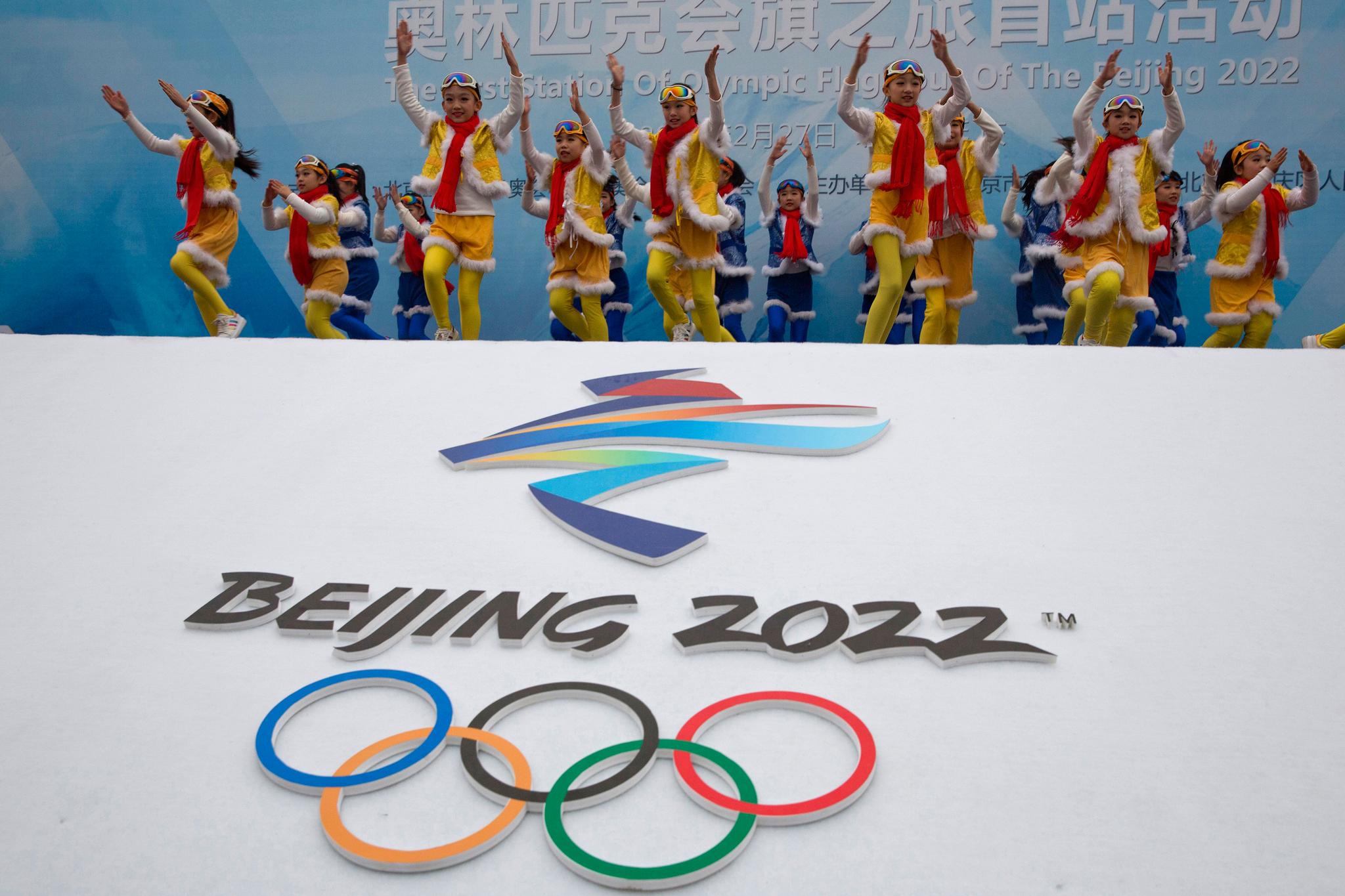British Foreign Minister Dominic Raab has opened up the possibility of Britain boycotting the Winter Olympics in Beijing in 2022. The cause is China’s treatment of the Uighurs.
In 2022, Beijing will become the first city to host both the Winter and Summer Olympics.
He wrote BBC and British newspapers Guard.
At least one million Uighurs and other minority groups have been placed in mass detention camps in China’s northwestern Xinjiang region in recent years.
– Basically, I think sport should be separated from diplomacy and politics, but there will come a time when this will no longer be possible, said Foreign Minister Raab.
He made that statement when he testified before the Foreign Affairs Committee in the House of Commons Tuesday.
There he was asked whether he agreed that a possible boycott of the Olympics in Beijing would send a strong signal that the UK would not participate in activities “that are used as a platform for countries that commit serious human rights violations”.
The question came from his party colleague, Alicia Kearns.
– Let’s gather evidence, let’s work with our international partners and then we can assess what we need to do, Raab answered further.

British Foreign Secretary Dominic Raab, here at meetings in Vietnam in September.
Has built 380 internment camps since 2017
There are 12 million Muslims living in Xinjiang, and minority groups in the province say they are persecuted by Han Chinese. The latter is the dominant ethnic group in China.
At least 380 internment camps have been built in the Xinjiang region since 2017, according to a new report by a prominent Australian think tank. Australian Strategic Policy Institute (ASPI). New satellite images of the camps show that some could house thousands of people.
Witness descriptions and satellite images show that the camps are surrounded by high walls and tight security. The inmates in these camps are isolated from their families. They also don’t know when they will be allowed out. It has been documented that one of the reasons why Uighur women are sent to camps is to be forcibly sterilized.
Norway is among a small number of countries protesting the camps and demanding that independent UN observers be allowed into Xinjiang to see what is happening there.
Beijing describes the camps in Xinjiang as professional learning centers. Authorities say they exist to lift people out of poverty and fight radical Islamism. China says criticism of authorities’ actions in Xinjiang is politically motivated and based on lies about what is happening at the massive facilities.
Even outside the camps, the situation is very difficult for Uighurs. Mosques have been destroyed and Uighurs are forced to dress and eat like Chinese. Surveillance of residents is also taken to extremes outside the camps, according to several experts and human rights organizations.

Also read
China claims that the camps are being emptied. The latest satellite imagery shows that construction of new infrastructure continues.
Pompeo will “consider” an American boycott
Raab is not the first foreign minister to stage a boycott. In April, US Secretary of State Mike Pompeo said he would do so “considering” whether the US should boycott the Olympics.
Republican Senators Marco Rubio and Rick Scott have also called for a boycott of the Beijing Olympics in a year and a half.
The president of the International Olympic Committee (IOC), Thomas Bach, said in July that a boycott was likely will only harm the athletes. He also believes that not much could be achieved politically through a possible boycott. The IOC president later said that he has not commented on the upcoming Olympics in 2022 specificallybut about boycotting the Olympics in general.

IOC President Thomas Bach doesn’t really believe in boycotts as a political tool.
Two boycotts
In the history of the Olympics, there are two memorable boycotts.
The Soviet Union’s invasion of Afghanistan in 1980 led the United States and 65 other countries to boycott the Summer Olympics in Moscow that same year.
Four years later, the Soviet Union and 17 other countries boycotted the Olympics in Los Angeles. At that time, the USSR Olympic Committee confirmed the choice fear for one’s own safety and what the committee called “anti-Soviet hysteria” in the US.

“Amateur analyst. Zombie geek. Hardcore troublemaker. Internet expert. Incurable twitter fanatic.”



:quality(70)/cloudfront-eu-central-1.images.arcpublishing.com/mentormedier/NBEATS6T3BJJH7K3BNTFA7RH5Q.jpg)
